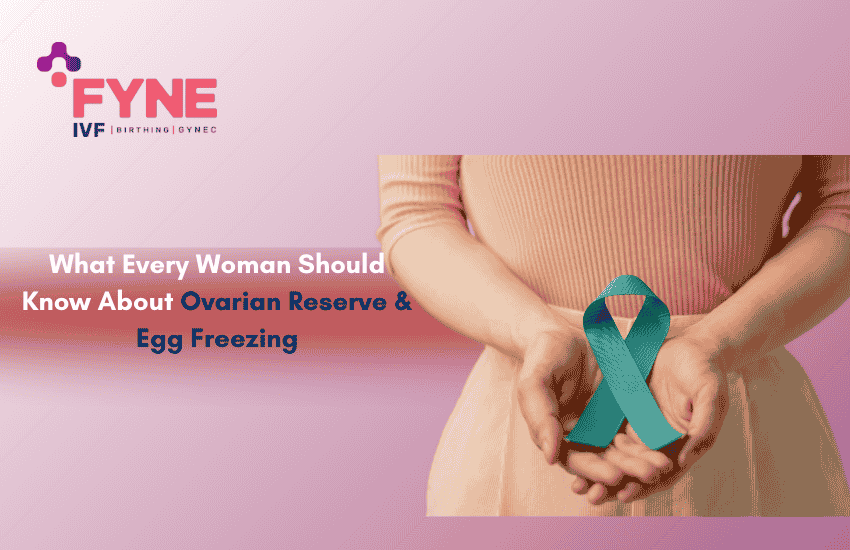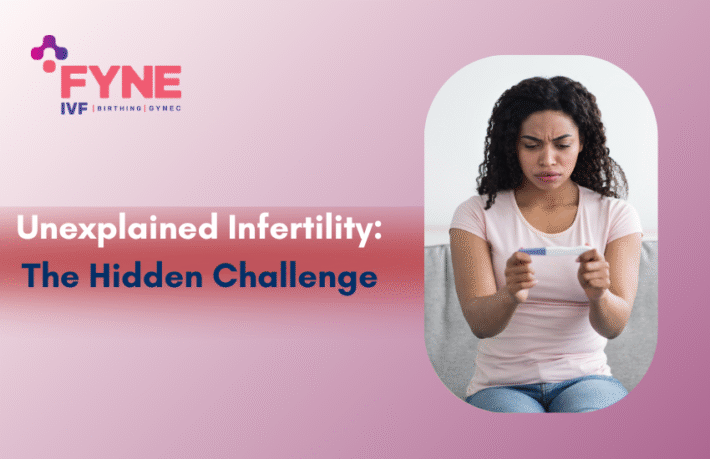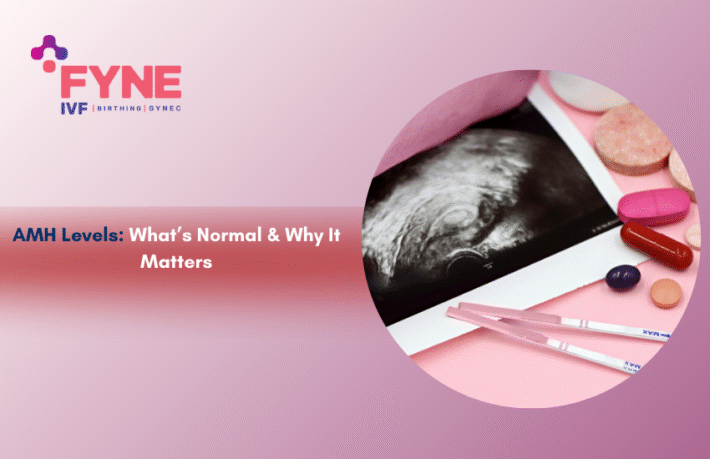What Every Woman Should Know About Ovarian Reserve & Egg Freezing

Fertility is often not something women think about until they’re ready to start a family. However, ovarian reserve, the number of eggs in a woman’s ovaries, plays a critical role in determining fertility potential. Whether you’re considering starting a family now or planning for the future, understanding your ovarian reserve and options like egg freezing can provide valuable insights into your reproductive health.
In this blog, we’ll explore the importance of ovarian reserve, the role of egg preservation, and the process of freezing eggs and embryos, empowering you to make informed decisions for your future family planning.
What is an Ovarian Reserve?
Ovarian reserve refers to the number and quality of eggs a woman has in her ovaries. It plays a major role in determining fertility, as a woman is born with a finite number of eggs that decrease in both quantity and quality over time.
As women age, their ovarian reserve naturally decreases, which can affect the chances of conception. Ovarian reserve is typically assessed through blood tests measuring hormone levels (such as AMH and FSH) and ultrasound, along with other fertility assessments.
How It Impacts Fertility and Reproductive Planning
A woman’s ovarian reserve can impact:
- Fertility potential: Lower ovarian reserve can make conception more difficult.
- Response to fertility treatments: Women with a reduced ovarian reserve may have fewer eggs to retrieve during IVF cycles.
- Timeframe for family planning: A low ovarian reserve might indicate a shorter fertility window, prompting earlier family planning.
Signs of Diminished Ovarian Reserve and When to Get Tested
While ovarian reserve naturally decreases with age, certain factors can accelerate the process. Some signs of diminished ovarian reserve include:
- Difficulty getting pregnant
- Irregular or missed periods
- Early menopause in the family
- History of medical treatments that may impact fertility (e.g., chemotherapy)
If you are in your late 20s or early 30s and are considering delaying pregnancy, it may be wise to get tested for ovarian reserve. Early testing provides valuable information, helping you make informed choices about your reproductive health.
The Role of Egg Preservation
Egg preservation (or egg freezing) is the process of harvesting, freezing, and storing a woman’s eggs for future use. This allows women to delay pregnancy and safeguard fertility until a time when they feel ready. Women may choose to freeze their eggs for various reasons, including:
- Age-related fertility decline: Women in their late 20s or early 30s may freeze eggs to preserve fertility before it naturally declines.
- Medical reasons: Women facing treatments like chemotherapy or radiation that can affect ovarian function may use egg freezing as a method to preserve their fertility.
- Lifestyle reasons: Women who wish to delay having children for career, relationship, or personal reasons may choose egg preservation as an option to ensure they have healthy eggs for future use.
Overview of Success Rates and Benefits
Egg preservation success depends on factors such as the age at which eggs are frozen and the quality of the eggs retrieved. Research indicates that:
- Egg freezing success rates are higher in women under 35 years of age.
- Frozen eggs can remain viable for years, giving women more flexibility in planning their pregnancies.
Step-by-Step Breakdown of How Egg Freezing Works
- Ovarian Stimulation: The first step involves hormonal medications to stimulate the ovaries to produce multiple eggs.
- Monitoring: Throughout the stimulation process, the progress of the eggs is monitored with blood tests and ultrasounds to track hormone levels and egg growth.
- Egg Retrieval: Once the eggs are mature, a minor surgical procedure is performed under sedation to retrieve the eggs from the ovaries.
- Freezing & Storage: The retrieved eggs are frozen and stored in cryopreservation tanks, ready for future use when the woman is ready for pregnancy.
Timeline and What to Expect
The egg freezing process typically takes about 10–14 days from the start of ovarian stimulation to egg retrieval. The actual retrieval procedure is quick and minimally invasive, with most women resuming normal activities within a day or two.
Debunking Myths About Egg Freezing
- Myth: “Egg freezing guarantees future pregnancy.”
Reality: While egg freezing increases the chances of pregnancy later, it’s not a guarantee, and success depends on several factors, including age and egg quality.
- Myth: “Egg freezing is only for women over 35.”
Reality: Egg freezing is beneficial for women of various ages, especially those in their late 20s or early 30s, who want to preserve fertility for the future.
Emotional and Financial Considerations
While egg freezing offers significant benefits, it’s important to be aware of the emotional and financial commitments. The process requires time, effort, and an understanding of the costs involved, which may include hormonal stimulation, monitoring, egg retrieval, freezing, and storage fees.
Conclusion: Empowering Women to Make Informed Choices
Understanding ovarian reserve and the options for egg preservation is essential for women who wish to have more control over their reproductive future. Whether due to age, medical reasons, or lifestyle choices, egg freezing offers a viable option for those looking to delay pregnancy while maintaining fertility. By learning more about the egg freezing procedure, embryo freezing, and the factors that affect success, women can make confident decisions about their fertility and take proactive steps toward family planning.
Ready to Take Control of Your Fertility?
If you’re considering egg freezing or want to learn more about how ovarian reserve affects your fertility, FYNE IVF is here to guide you every step of the way. With over 23 years of experience and a compassionate team, Dr. Deepali Chinchole specialises in fertility preservation and offers personalised care tailored to your needs. Book your consultation today to learn more about the egg freezing process and how we can support your fertility goals.


